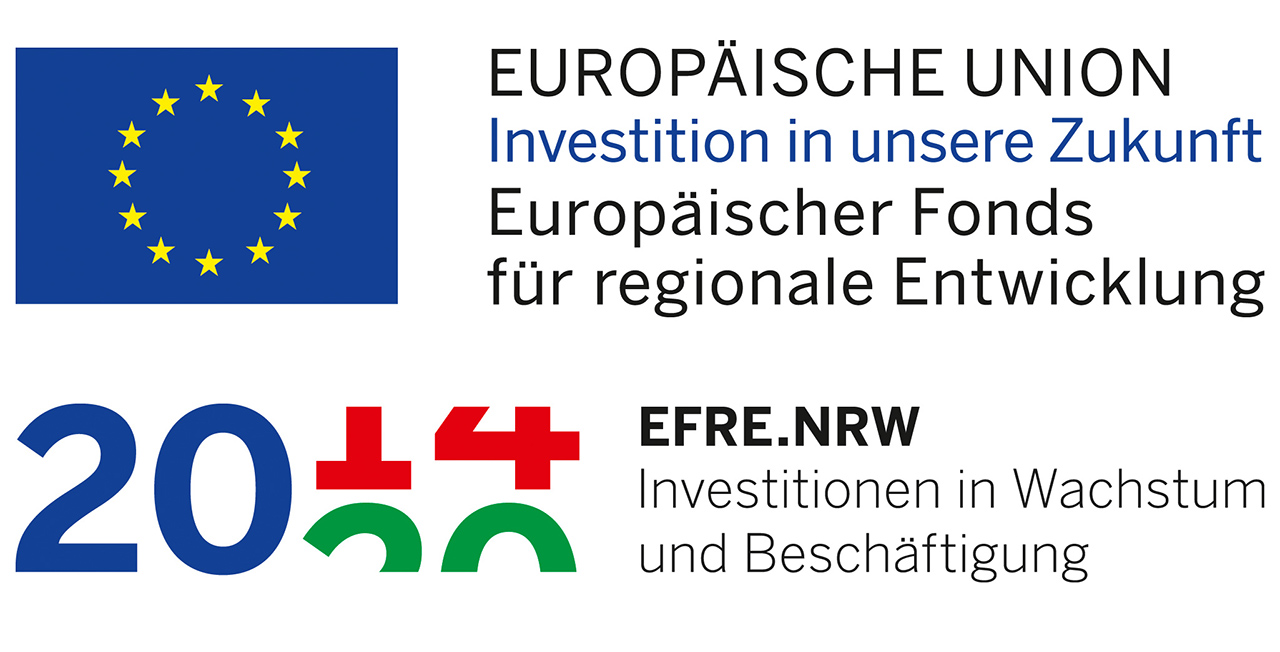Flexible screening and monitoring of animal populations with special regard to microbial contamination
The aim of the FlexScreen project is to optimise the meat production process from the basis of animal husbandry (sow farmers, animal fatteners) to the end product (slaughterhouses) in order to increase both animal health and food safety through an improved flow of information. The main focus is on two aspects. The first is the development of a flexible and cost-efficient rapid test system for the detection of the potential food-borne zoonotic pathogens Campylobacter, Salmonella and Yersinia. On the other hand, the collected findings together with additional data, e.g. from risk-based meat inspection and food chain information (in particular antibiotic use in livestock), are to be transferred to a monitoring model (FlexScreen tool), which provides the persons involved in the process (livestock farmers, fatteners, veterinarians, QM staff in slaughterhouses) with information on the need for action. Through this optimized data management, problems can already be eliminated at the basis (feeding, stable construction, ventilation, cleaning) and thus the quality of the end product can be increased. After problem identification and elimination, the achieved improvement can also be quantified. In addition, the FlexScreen tool should also be used preventively in the context of herd surveys in order to avoid a possible negative entry of pathogens into animal husbandry or the later end product at an early stage.
As part of the joint project, the Fraunhofer Institute for Molecular Biology and Applied Ecology IME in Aachen, together with the company Quh-Lab Lebensmittelsicherheit, will develop and test the innovative rapid test procedure, which will enable a fast, simple and cost-effective detection of relevant zoonotic pathogens.
 Fraunhofer Institute for Molecular Biology and Applied Ecology IME
Fraunhofer Institute for Molecular Biology and Applied Ecology IME